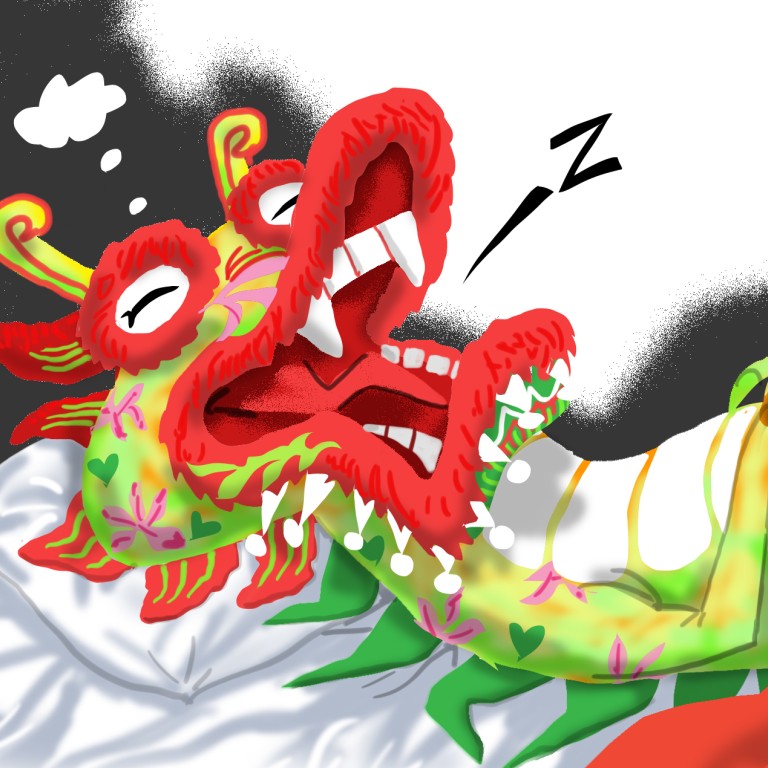
After a year-long hangover, can Hong Kong reawaken its desire to do better?
Keane Shum says Hong Kong’s famous can-do spirit seems to have waned after the events of the past year

I am proud of my parents the same way I am proud of Hong Kong, of the audacity to have aspirations and, more difficult, the determination to realise them
My father, born in a village in Kam Tin during the Japanese occupation, was cut from this dreamwoven cloth. He yearned for the city beyond the village walls, then for the world beyond the city limits. So one winter day in 1962, having exhausted his options in Hong Kong, he took off from Kai Tak for Australia. He hoarded degrees like they were precious metals, to be mined for increasingly lucrative corporate jobs. He got married and had children. And when he and my mother felt they had hit the ceiling of their middle-class immigrant life, they came back to Asia. I was three.
We came back, but my parents never stopped being immigrants, never stopped striving in their own lives and for their children’s. We never had a Benz, but the company provided the next best thing, a Lexus, to say nothing of international school tuition, fancy club memberships and roomy apartments on the south side of Hong Kong Island with sweeping views of the South China Sea. It was about 40km from Kam Tin, but the distance my father had traversed was, of course, immeasurable.
READ MORE: Hong Kong one year after Occupy
I used to be bashful about these spoils of upward mobility, wary of being out of touch with the real Hong Kong. But I have come to recognise that my Hong Kong is as real as anyone’s, and I have nothing to be embarrassed about. I am proud of my parents the same way I am proud of Hong Kong, of the audacity to have aspirations and, more difficult, the determination to realise them.
But as the events of the past year have unfolded, I have begun to wonder if that determination, even that aspiration, is waning; that this dragon is entering its slumber. Fifteen months ago, the world watched as our city, or at least parts of it, seemed poised to punch above its weight again, confronting the Chinese Communist Party more brazenly than any world power has dared in recent times. Then, by the start of this year, that (mis)adventure had already been put to bed, for better or worse.
READ MORE: Reckless drive for democracy would only derail Hong Kong


We are stalled, stagnant like the water where mosquitoes breed in that old public service announcement. This was the year our special administrative region turned 18, but rather than springing impulsively into adulthood, it seems to have plodded uncertainly into a suspended adolescence, self-sufficient but indefinitely inhibited from making its own decisions (for its own good). Even the youngest, most impetuous activists have turned to the long game, effectively writing off the next three decades by focusing on the judgment year, 2047. Are we consigned to maintain this awkward status quo every year until then? Or will we sober up in 2016, plot out a direction and begin finding our way?

This was the year our special administrative region turned 18, but rather than springing impulsively into adulthood, it seems to have plodded uncertainly into a suspended adolescence
He passed away in Sydney, but we brought his ashes back to Hong Kong, scattering them in the South China Sea, where he used to look out, I imagine, and feel the world spreading forth, endless trajectories of possibility like those Hong Kong once charted.
My father’s aspirations live on, through me and my brother and sister. But what of the city’s? Will we – will this paper – keep asking and trying to answer the hard questions, about ourselves and our city, and about China and our place in it? Will we openly confront our imperfections? Will we challenge each other to improve? Or have we stopped trying to become better versions of ourselves?
Keane Shum is a lawyer in Hong Kong
